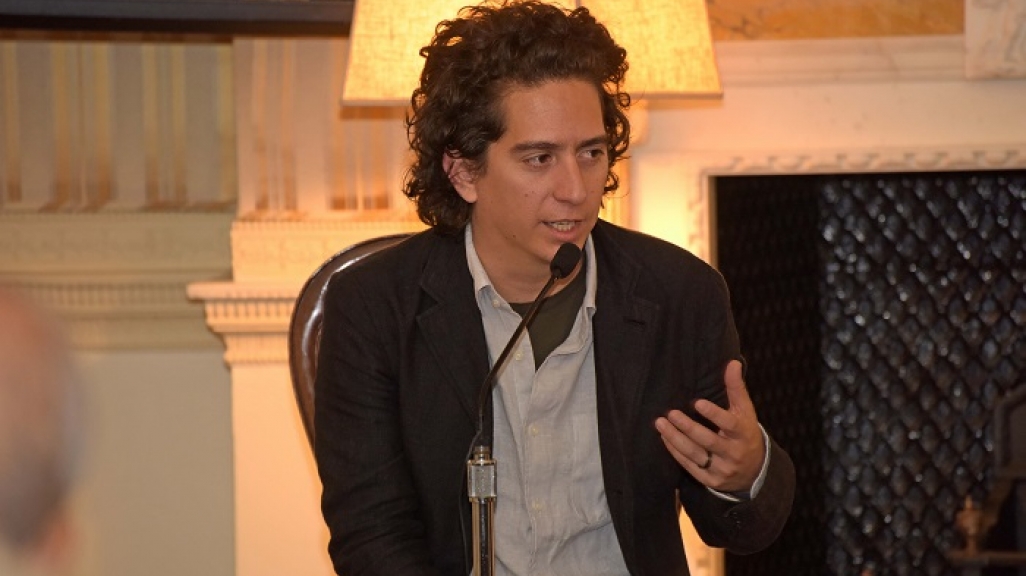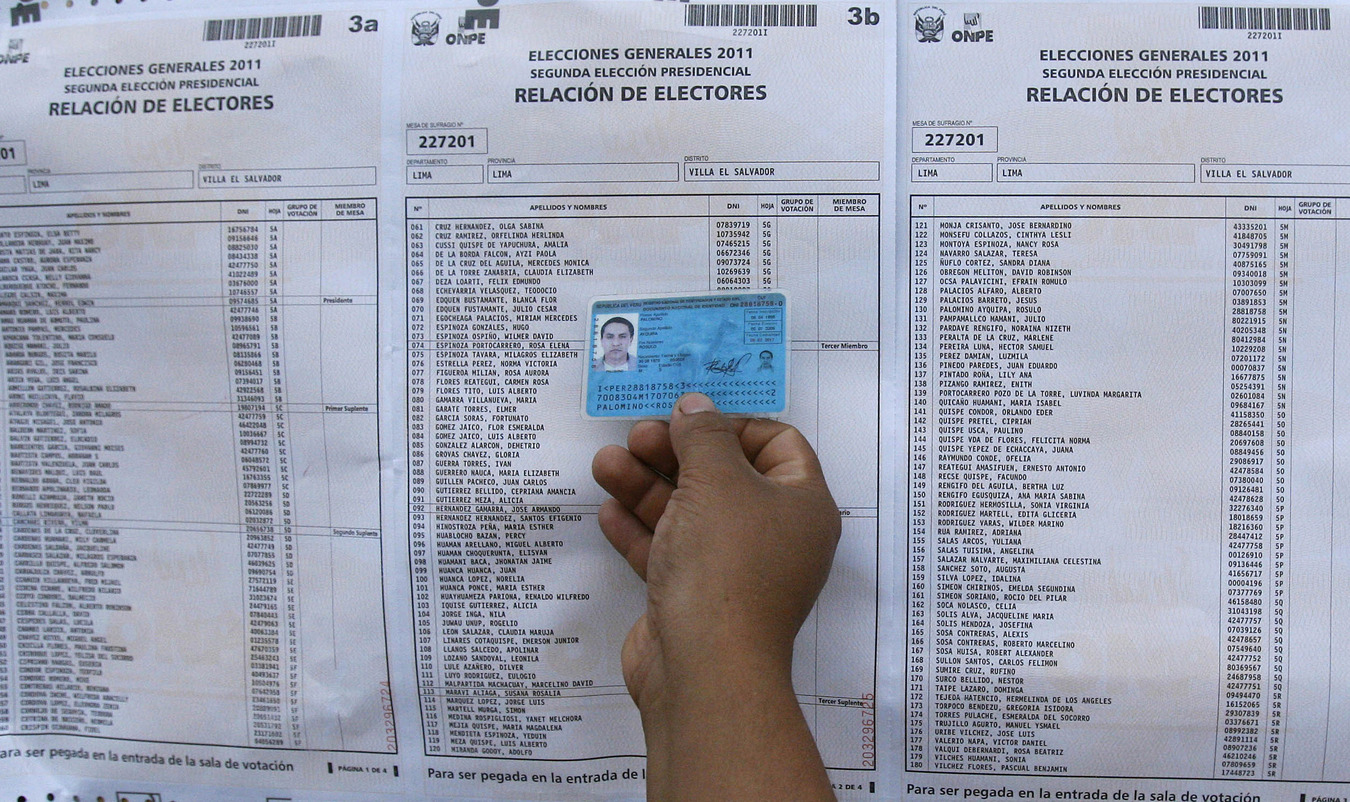Bonus Q&A: Daniel Alarcón on the Role of Sports in Culture
Bonus Q&A: Daniel Alarcón on the Role of Sports in Culture
The novelist waxes poetic on how something as simple as the perfect pass can be literary.
In a special year-end bonus, while we don't cover sports that often, we did get a chance to hear from novelist and avid soccer fan/player Daniel Alarcón about the role of sports in culture during our interview with him in November. In particular, we talked about the shuttering of the long-form sports and culture commentary website Grantland, in part, because of the argument that sports and culture were divergent interests—an argument not all found convincing.
AS/COA: [Reading from the New Republic:] "'Stick to sports' is a myth because sports aren’t separate from the world. … Grantland wasn't cynical. There was too much at stake in sports, film, literature, music, and television to settle for resignation."
What’s at stake in sports?
Alarcón: In a sense, everything: identity, community. Sports are an idealized simulacrum of the world, in that, the world is chaotic and mean and cruel and arbitrary and small things have great impacts and the rules are never clear. And sports, we all agree that these are gonna be the rules. And then the stakes are both meaningless and so entertaining that they can become rapturous and absolutely significant at an emotional level. And so what it allows you to do is play out all the dramas of life on a stage where, ideally, no one’s gonna die. And I know that’s in some ways idealized because the truth is people do die—fans kill each other and people cross the seas in lifeboats to get to France from North Africa based on a dream of getting to play for a team in Ligue 1 or something. So having accepted that, I do think that the essence of it remains: when we play or when we watch and when we cheer and when we celebrate and when we cry, what we’re doing is we’re creating a socially acceptable space to show a wide range of human emotions.
Apart from the fact that for me, having been an athlete and still someone who plays recreationally, I can’t explain how satisfying it is for me when I play soccer to make the perfect pass—I don’t even care if the person takes advantage of the pass—more than scoring. There’s something that’s very literary about it. If I have the ball and I draw a defender to me and then I make the pass by having drawn the defender to me and there’s a person open and I find them totally confused the defense and give my teammate an opportunity to score, to me that’s the highest—it’s the misdirection of literature, the way a good novel will suck you in and make you think this is one thing that you’re reading when it’s actually another. The joy of creating that misdirection is wonderful. I also like, at this age I’m at, my late 30s, to play with people who are between 25 or 45, when you pull off a pass like that, because we’re not playing competitively anymore, everyone’s kind of like. “Oh, nice.” There’s this collective appreciation for what’s happened. I certainly offer that to my teammates and my opponents whenever they do something that’s nice because it is sort of like, in this chaotic, disorganized, unruly world, someone was able to do something of beauty that sort of reminded us that the world can be a pretty place.









